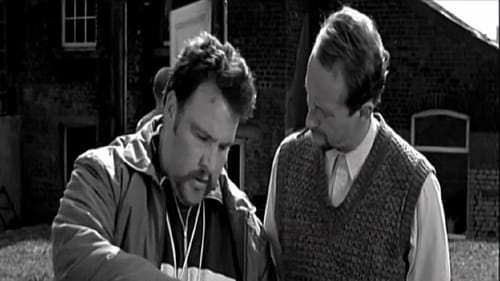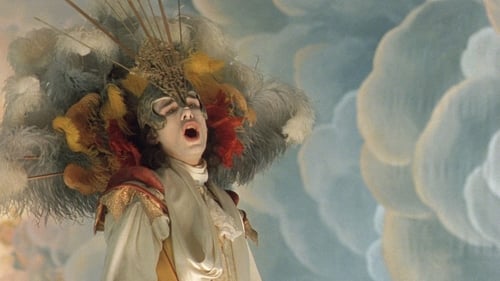
Producer

Producer
Во время гастролей в Каннах Далида познакомилась с молодым начинающим художником Жаном Собески, в которого сразу влюбилась. Ревнивый Люсьен Морис не смог смириться с изменой и объявил Далиде войну. Все ополчились против нее и предрекают скорый закат карьеры. Далида впервые выступит в «Олимпии», где решится ее судьба певицы.

Producer
Tuur, a shoemaker who fled his wedding anniversary, stays at his sister Josée, a familie outcast, and her friend Odette with whom she runs a cabaret. His wife Emma finds herself forced to look after her sick sister-in-law Gerda while runnig the shop.

Producer
Франция, вторая половина XVII века. Полновластным правителем великого королевства стал Людовик XIV. Будучи страстным поклонником танца, вдохновляемый музыкой великого Люлли, он жаждет вырваться из пут косности и мракобесия, чтобы превратиться в блистательного Короля-Солнце, изменив себя и свое государство, сделав его священным, незыблемым и вечным. Но, создавая для пышных дворцовых постановок свои бессмертные шедевры, Люлли и его гениальный компаньон Мольер столкнулись с яростным противодействием церкви и двора.

Producer
Roger Closset is a man who obviously loves his family, though that doesn't always make them feel better. Dad is an obsessive type with a short fuse and a long list of curious ideas, and his wife and children must often bear the brunt of his eccentricities. Roger works as a reporter, a job he doesn't like which doesn't pay especially well, either. One day, Roger learns an area business association is sponsoring a contest for a family that can break a world record, with the grand prize being a new car. Suddenly, Roger gets a brainstorm -- if his son can open and shut a door 40,000 times in 24 hours, the car will be theirs. 15-year-old Michel, however, is not at all happy to have been drafted into this new responsibility, especially when dad builds a practice door in the backyard and finds a trainer to teach Michel how to open and close it with greatest efficiency.

Executive Producer
Эта кинолента рассказывает о том, что простое личное счастье может оказаться более желанным, чем грандиозный общественный успех.



